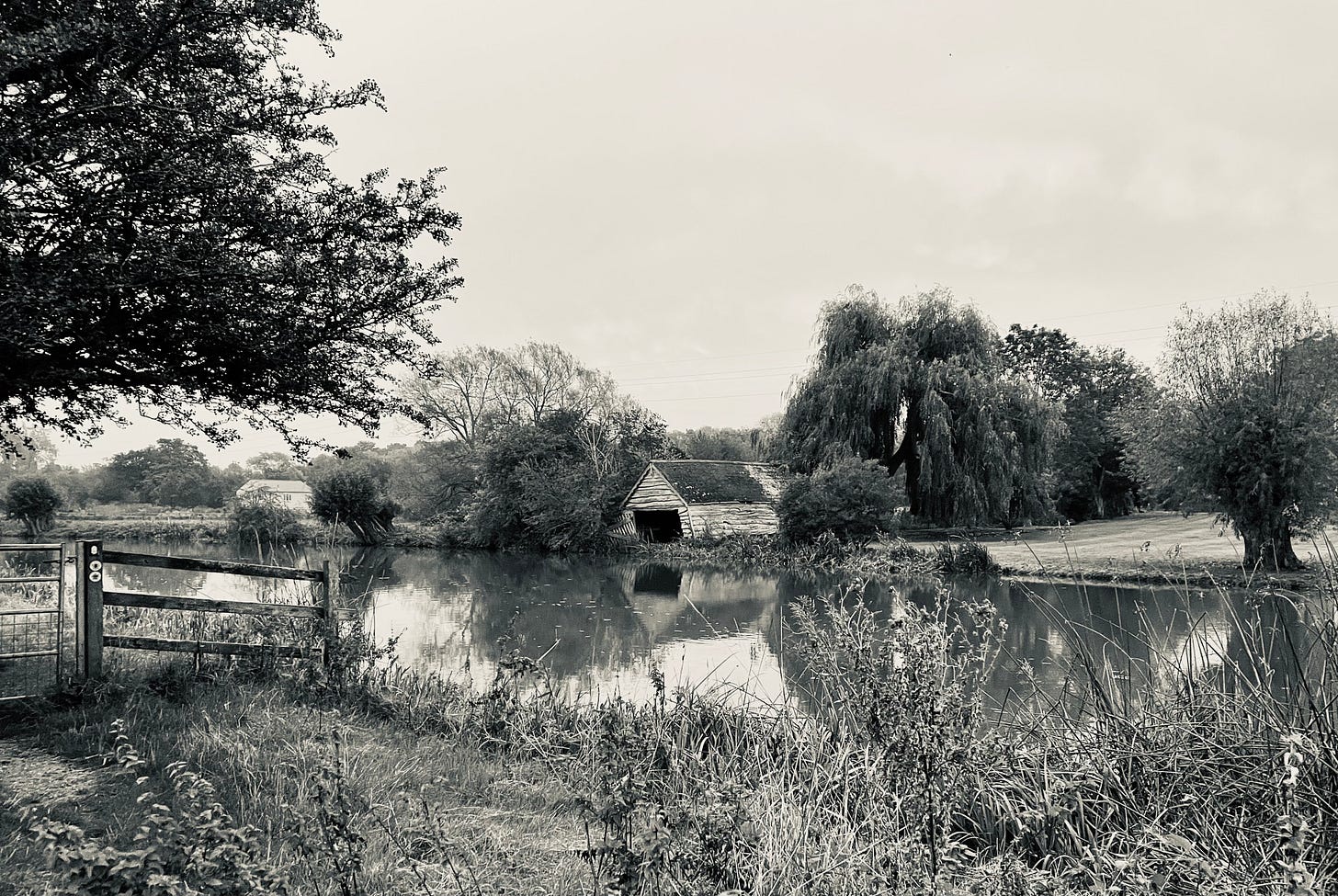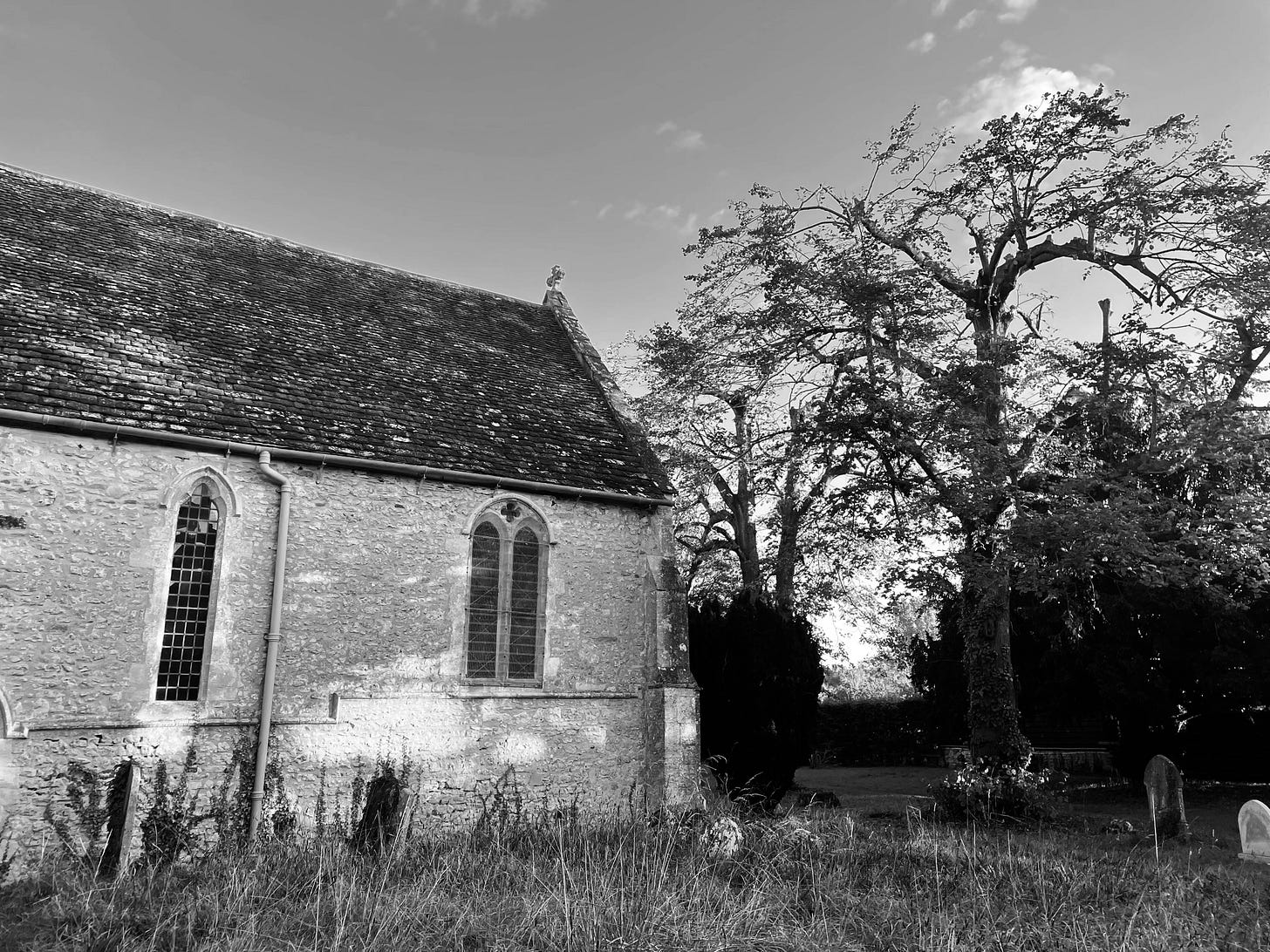Sleepwalking
I dreamt I was walking down by the river. The rains had eased and mist hung above the flood meadow. October called me, urgent with change. In the dream, I was a young girl bursting with excitement, hungry for sunshine and the day to unfurl.
I recall a friend of a friend, who once woke in fits of laughter, having dreamt the most incredible joke. I know someone else who woke with the solution to a work problem fully-formed in a complete vision. We rarely want to hear other people’s dreams, but our own can resonate through our minds and bodies well into the waking day.
I dream frequently and vividly. Even more so in challenging times, when my dream-maker goes into overdrive. When Mum was ill, or as Covid-19 took hold, panicked and exhausted, I longed for sleep so I could escape into the kaleidoscopic worlds my unconscious mind conjured every night. For many, traumatic events like the pandemic trigger ‘enhancement of dream and nightmare frequency’ and ‘emotional intensity’, so I feel fortunate that my dreams mostly offer respite when reality is tough.
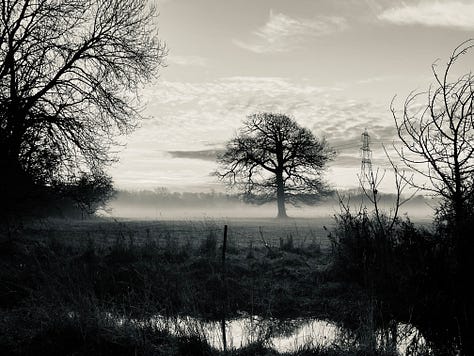
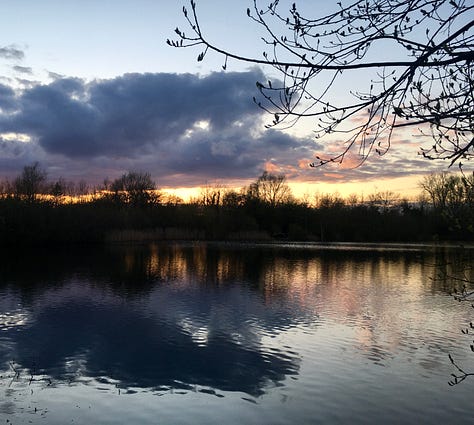
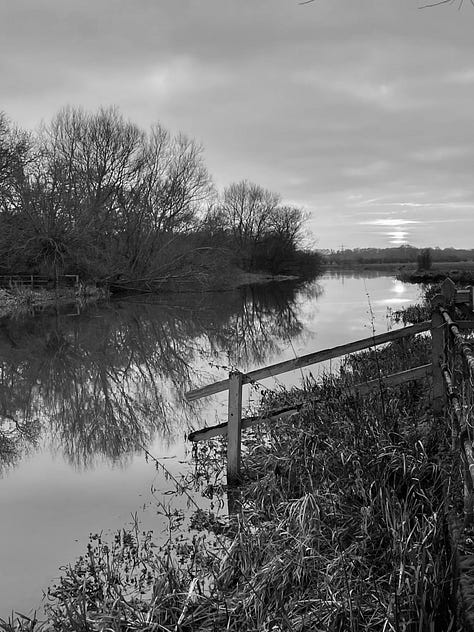
Stories that start with a character waking up or end with the revelation that it was all ‘just a dream’ are cliches and often unsatisfying…and yet…I’m intrigued by that paper-thin membrane between sleeping and waking and how it might work to our gain, as writers.
According to Damon Knight, imaginative writing comes from ‘a dialogue between the conscious and unconscious minds.’ In moments when we first wake and the dust of our sleeping life still clings to us, is there a chance to begin that conversation? It is risky. Antonio Damasio notes that in those ‘transitional instants’ our sense of self is absent and ‘no individual ownership of thought is apparent’. How far should we let the murky, submerged images of sleep form starting points for creative action?
My dream of girlish walking feels like a private gift more than the beginnings of a public narrative. But other dreams are stored up, ready to reveal characters and glimpses of storyworlds.
Dream yourself into creative action:
Keep a dream diary. Don’t worry if your dreams seem banal or elliptical. Look over it once a month - you don’t have to attempt self-analysis, but see if there are any themes or images that suggest themselves as possible starting points for a piece of writing.
Starting a story with a waking scene may be hackneyed, but many successful writers have done it (Marcel Proust, Ian McEwan, Franz Kafka, Suzanne Collins, I’m looking at you). Have a go at writing yourself or a character waking up. Dig into your sleepy self. Can you capture that transitional moment in an innovative or unusual way?
Sleepwalking is a staple of good Gothic writing. There’s something fascinating about the automatic movement and uncanny purpose of unconscious night wandering. Write a short scene describing a sleepwalker. Who are they? What are they wearing? Where are they going? What has provoked this episode? How will it end…?


